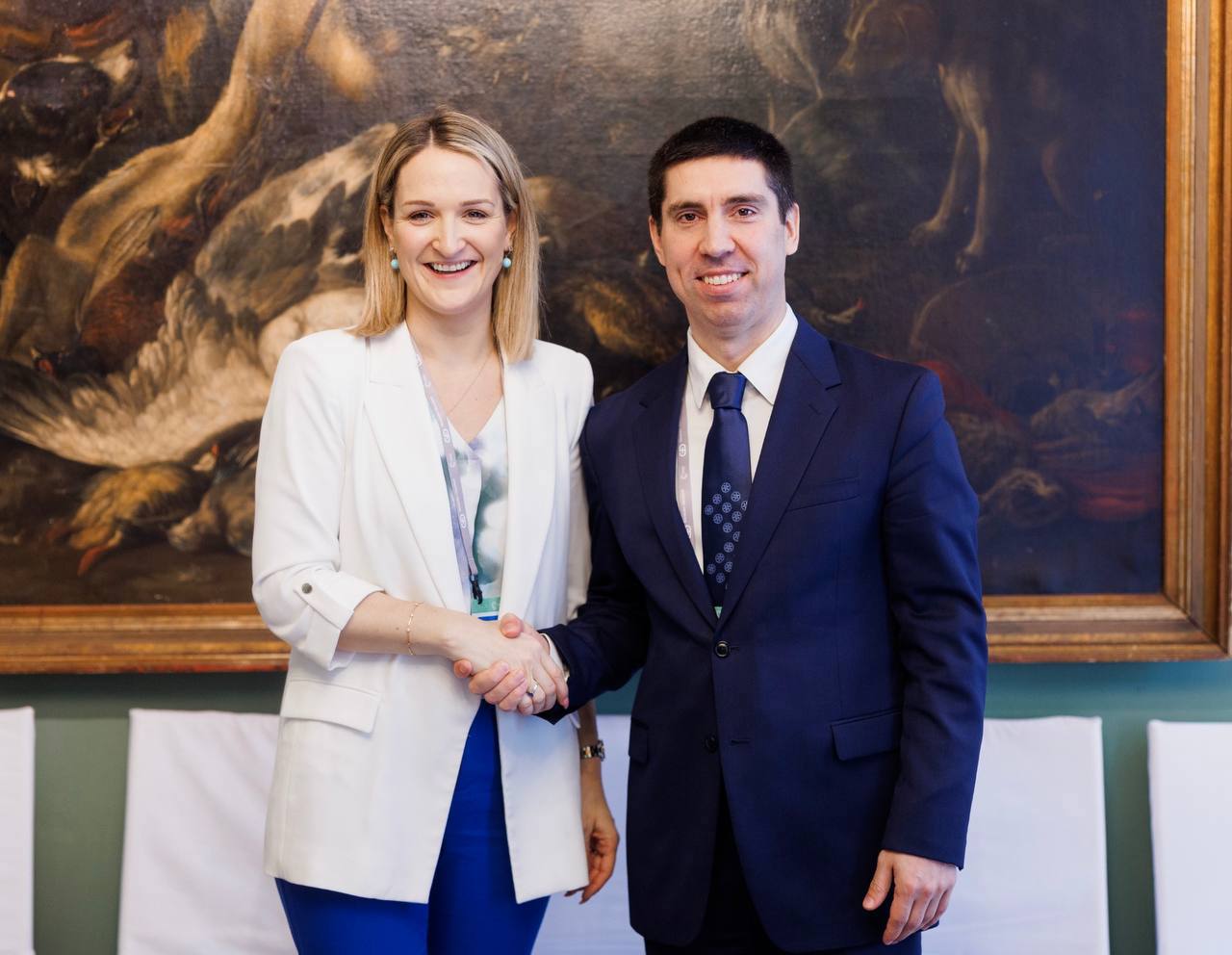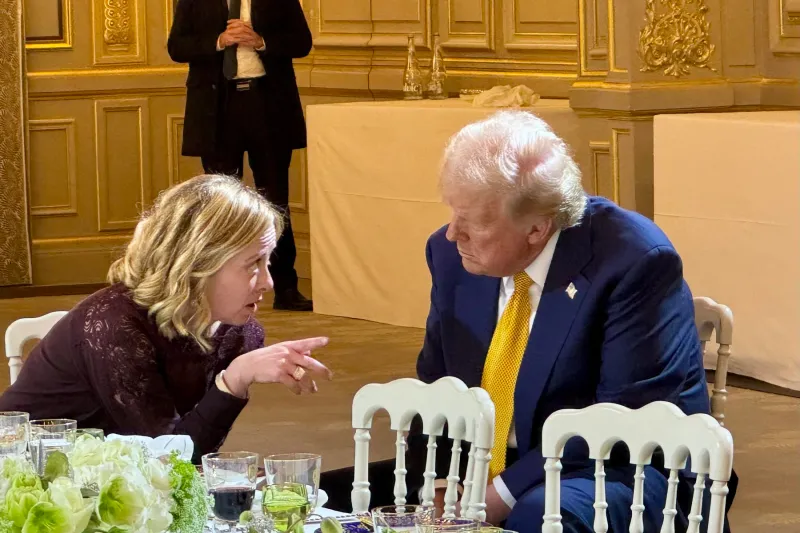One of the conclusions of the Global Forum of Women Leaders, in Reykjavik, held online from 9-11 November was that the proportion of women leaders, rd 20 pct, is well below the percentage of women in society, that is more than 50 pct, but there has been still little progress over the past 25 years, the Hungarian Democratic Union of Romania (UDMR) MP Biro Rozalia, who attended the event, said on Thursday, in northwestern Oradea, according to AGERPRES.
"Since 1995, when the Beijing Platform was adopted, until now, we have seen an improvement, a point highlighted by many women leaders who have made presentations, we have a process of reducing existing gaps. If in 1995 we had 12 women heads of state and government, there are now 22 women in these positions. We can say that there is progress, a relatively weak one, but progress, however, is nowhere near enough and is not irreversible. It is our duty - and this is one of the conclusions of the conference - to move forward in terms of women's leadership, in the current context in which violence against women has increased and poverty has deepened," Deputy Biro Rozalia said at the press conference.
The UDMR Deputy Biro quoted from Hillary Clinton's presentation "Women's rights represent human rights", according to whom progress has been made over the past 25 years in the field of education, in access to the health system, family planning, more women choose to fill official positions and there are more opportunities and positions for women in the business world.
"But there are still a lot of gaps. The increase in women's participation in the decision-making level has stagnated, especially in the current context of the crisis in which many women have lost their jobs, they work mostly in branches of the informal economy, such as services, education, the social field. Unfortunately, the phenomenon of sexual and physical violence, violence at home, which destroys the lives of families, has been greatly accentuated. There are improvements in business, politics and government, but the barriers that need to be removed - norms, attitudes, stereotypes - still persist and it depends on how united women are internationally to find ways to diminish and remove them," Biro said, quoting Hillary Clinton.
































Comentează